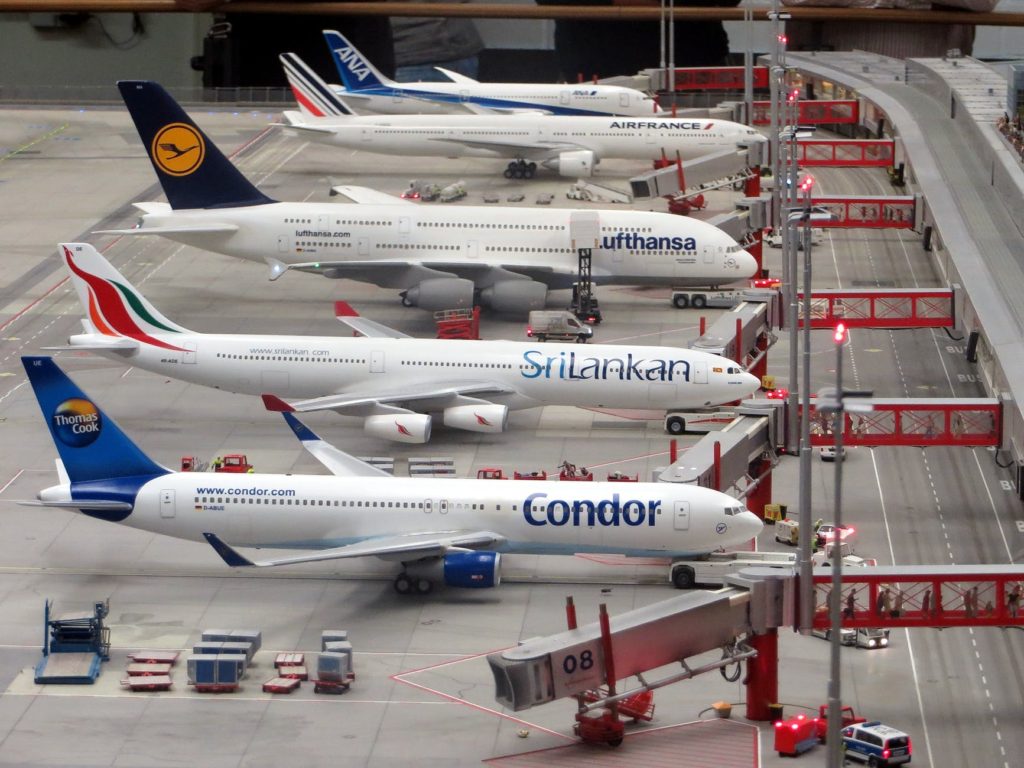Using Wi-Fi is going to be the cheapest way to stay in contact with friends and family when you travel abroad. Any other thing that you do is going to cost you. That applies to using your local network on a roaming pay scheme or an international pass. If you decide to buy a local SIM card to get coverage, you’re going to have to pony up some money in those cases as well.
Free Wi-Fi is technically the only way that you can use your phone abroad without having to pay any extra fees. There are some expectations; certain service providers, for example, include some coverage in Canada and Mexico as part of your plan. Other than that, as mentioned, everything else comes at a cost.
The main reason why free Wi-Fi is becoming really popular is because now we have a ton of apps that are going to allow you to contact people regardless of where they are in the world. All that you need is cell or Wi-Fi coverage. You won’t have to worry about the amount of minutes that you spend on the call or anything like that. There are a couple of issues that you have to contend with when you’re getting free Wi-Fi.
Part of this article is not only to help you figure out where you can find Wi-Fi coverage but where you can do so safely. You can find Wi-Fi in local plazas all over the world. Are these connections the ones that you’re going to want to use? Let’s get started to see what can work best for you.
Hotel Wi-Fi is Potentially Your Best Option

What makes hotel Wi-Fi potentially a better option than what you’re going to get from public Wi-Fi? Since most of these networks within hotels are private networks, you won’t be dealing with the risks of a public network. We recently wrote an article about the safety of public Wi-Fi. It’s one of those things that can be perfectly fine until it isn’t. You could be putting your data at risk, and you could also start seeing an increase in the number of scam attempts.
When you’re connected to a hotel Wi-Fi network, you’re usually asked to verify that you’re staying in the hotel somehow. Certain hotels have networks that are much more secure than others. Regardless of the situation, we do feel it’s fair to say that these networks are safer than public ones. If you have to make longer phone calls through apps, this is where you’re going to want to make them.
Usually, if you’re going to make a call at the end of the day when you’re on a trip to tell loved ones back home how the day went, you’ll be at the hotel anyways. We would certainly encourage you to make these longer calls through apps and Wi-Fi instead of using your local SIM card or whatever you decide to do to get coverage abroad. The reason behind this is very simple: you won’t be using up data when you make these calls through the hotel’s Wi-Fi.
The only issue that worries us is when you’re staying at a hotel with pretty bad Wi-Fi. That really limits your options on how you’re going to make those longer calls at the end of the day. A lot of the older, thicker buildings that have been turned into hotels are known for having poor Wi-Fi. It’s harder for the signal to travel through the thick stone walls. You may want to take that into account before you book a hotel.
Locating Free Wi-Fi Networks All Over the World
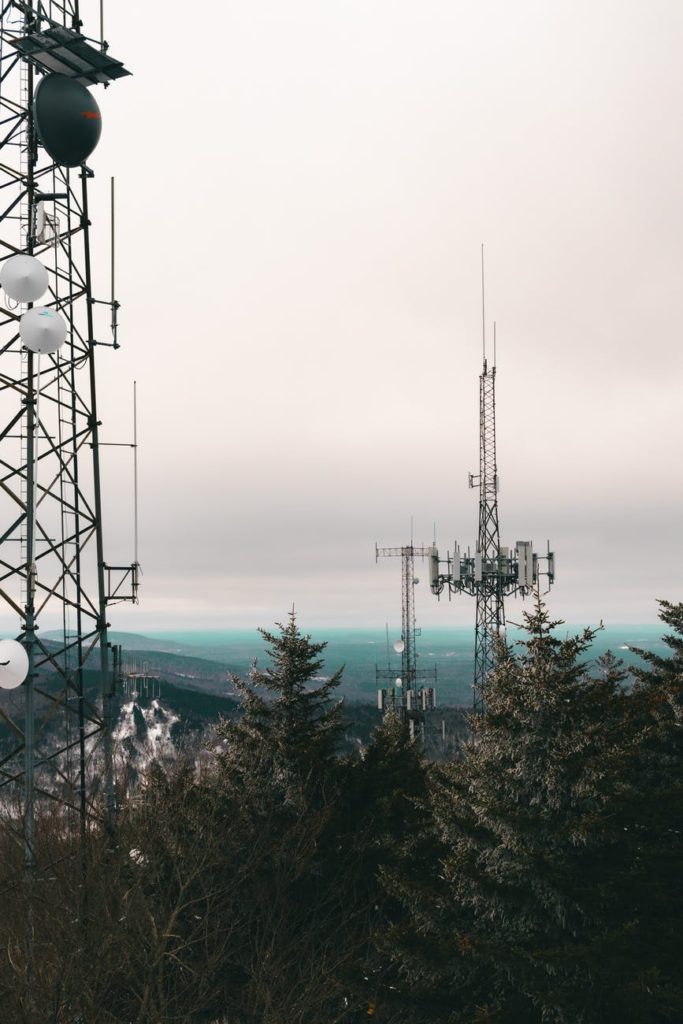
We found a site and an app that provides this information for you. Here’s the link to that particular article. We just want to talk a little bit about what you can expect from that particular site. What we saw as very interesting was that it not only gives you the locations but also tells you the type of network that you would be accessing. When we tested the site to be able to write the article, we realized that it provided data even in some of the most remote places that you could think of.
Even if you’re traveling to a small town that you don’t think will have a lot of open Wi-Fi networks, what we would say is that it’s definitely worth the shot. You want to be a bit careful, though, when you do decide to use public Wi-Fi. It can still be one of the best ways to send a quick message or updates on your social media. You won’t have to pay anything to be able to do this, which is certainly something that everyone can enjoy.
Is Public Wi-Fi Safe?
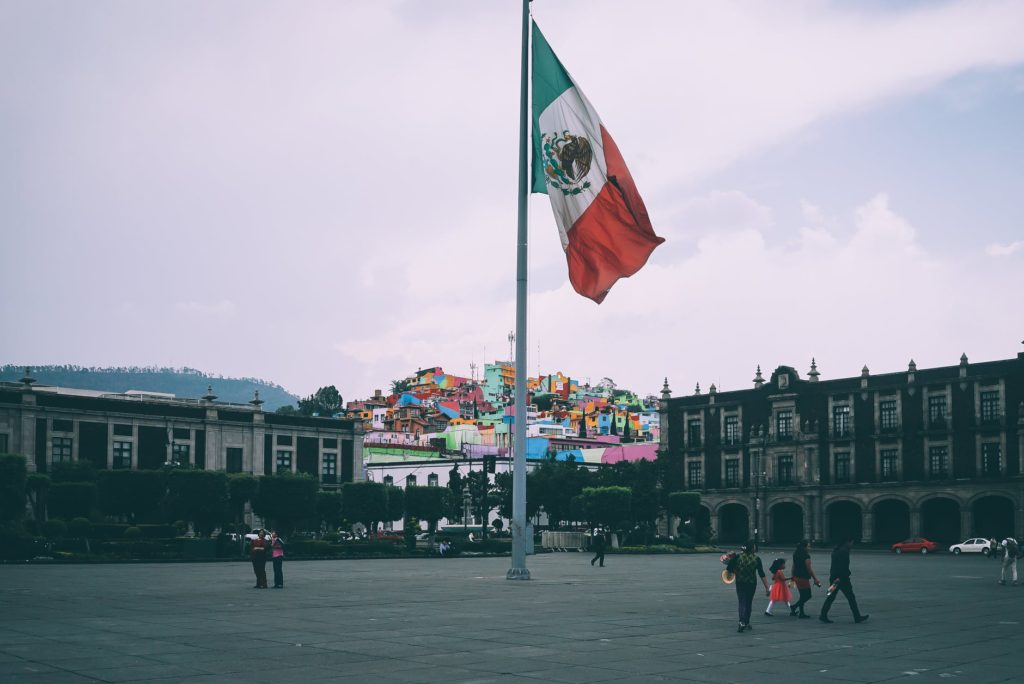
This is another topic that we’ve done an article on recently. We just mentioned in the previous paragraph as well that it’s a hard question to really answer. You could be using free public Wi-Fi for your entire trip and be perfectly fine. The problem is that your data could fall into the hands of the wrong people. When that happens, that doesn’t necessarily mean that you’re done for you’re going to get hacked.
Usually, what you’ll see is an increase in the number of spam emails and ads that you’re going to be receiving. In the worst-case scenario, you can start getting spam calls or even texts. With this, the likelihood of you getting hacked is certainly going to increase. That’s certainly the issue that you’re going to have to contend with if you decide that you want to use this free Wi-Fi for an extended period.
Where Does Airport Wi-Fi Fall On This Scale?
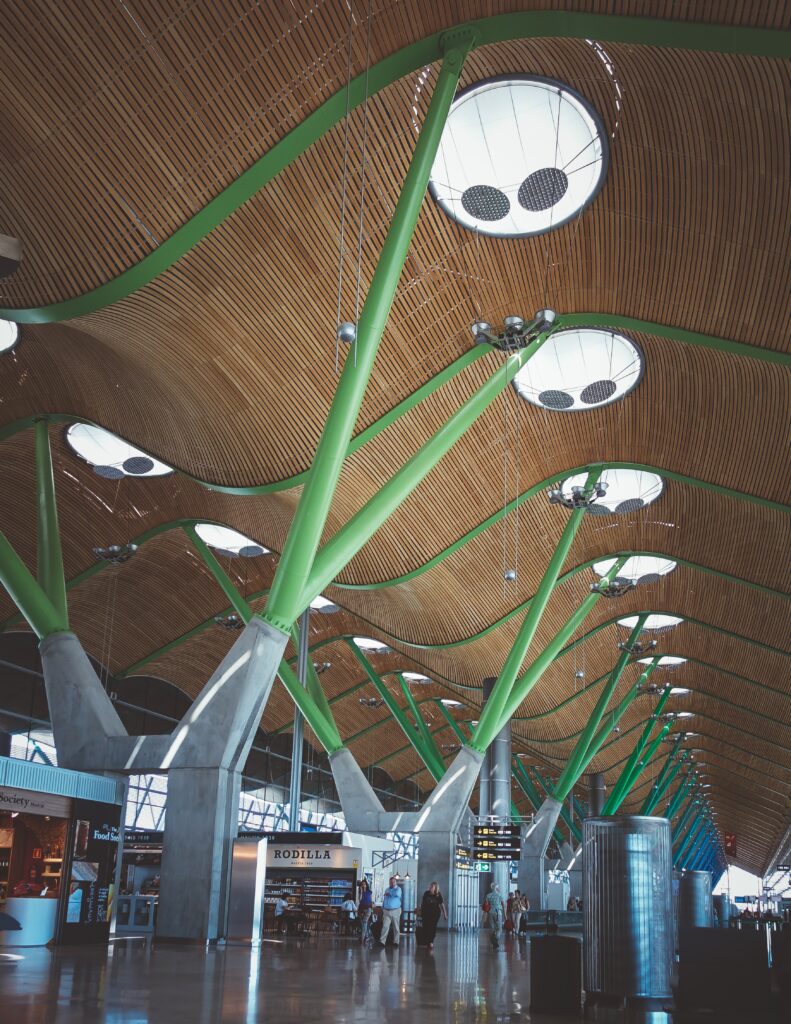
Airport Wi-Fi has to be considered among the public Wi-Fi options. What does this mean? Well, basically, it means that you could be walking into some of the same dangers that you’d have with other public Wi-Fi options. Now, it’s important to point out that the Wi-Fi that you can find in private lounge areas may be a completely different story. This type of Wi-Fi could be more similar to what you’ll find in hotels since it’s going to be a private network.
Does this all mean, though, that we’re saying you shouldn’t use public Wi-Fi at the airport? We’ve all been there you’ve just arrived in a new country, and you need to let your people back home know that you’ve made it. It’s perfectly ok to send a text or two. Even if you’re really scared about what might happen to you.
In most cases, what you’ll see happen is that your social media ads are going to localize quickly. That’s especially the case if you have your location turned on. If you arrive in Paris for example, it’s not that you’ll start seeing ads in French necessarily. What you will probably start seeing is plenty of ads that sell tours and things of that nature.
Airport or public Wi-Fi is not the worst thing in the world. You just need to be aware of the different things that could come your way if you use these options. As long as you develop a good idea to spot scams, you should be perfectly fine. During this time, for example, it could be a good idea to just not click on any links from emails unless they are from someone that you know.
Should You Look For External Coverage
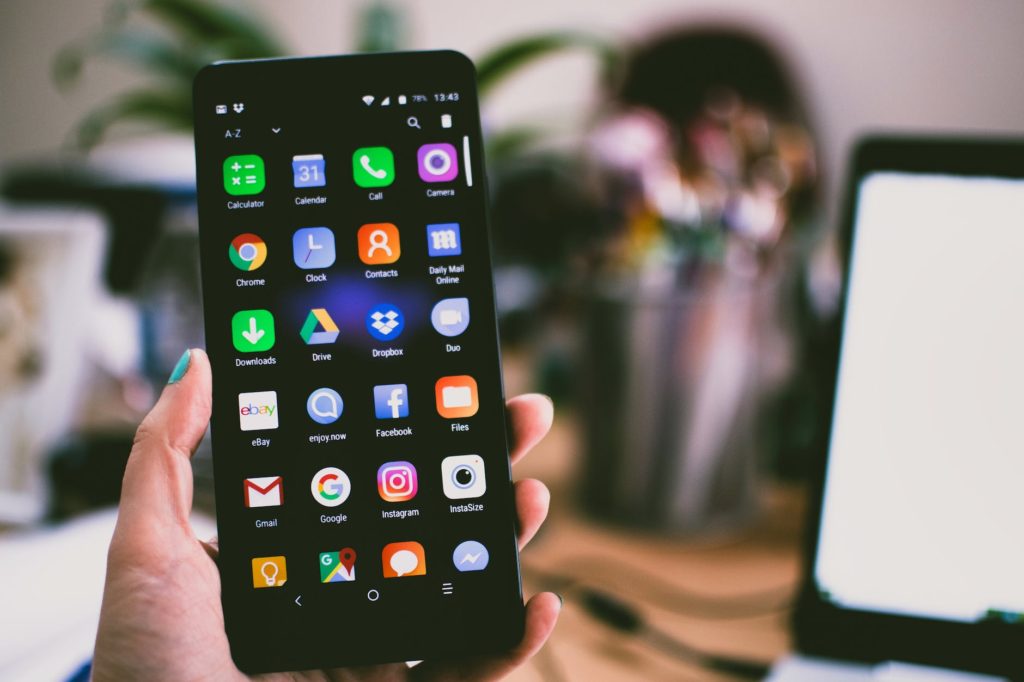
Could you be ok with just using your phone in the hotel and in public plazas and things of that nature which is where most of the free Wi-Fi is? This is not a question that we intend to answer for you. It’s a very personal endevor. In our last trip, we did get a local SIM card and it really helps if you need to get around a town.
Staying off IG for a while was not the challenge. If we tried to get a particular restaurant around town though, without Google Maps, it would’ve been impossible. Our recommendation, particularly to families, is to get at least one SIM card for one of the phones in the family. This is the precise reason why you want to have coverage while you’re abroad. If you’re traveling with kids, it may even be a good idea not to buy SIM cards for them. Maybe they detox from their phones a bit.
At the end of the day, the answer to this question is a very personal one. What we will retirate though is something we’ve said already in this article. If you need to make long phone calls or even video calls for business when you’re on your trip, you may want to make those through the hotel Wi-Fi. That’s going to ensure that you don’t use up the data that you bought so quickly.
Final Thoughts on How to Get Wi-Fi When Traveling Internationally
Wi-Fi is your friend when you travel abroad. Yet some people could think of it as a necessary evil. We wouldn’t necesairly disagree. We mentioned that we recently put out an article that outlined some of the dangers of using public Wi-Fi in general. There are certain things that could go wrong. That’s not something that we’re trying to hide. In many situations like the airport one you may find yourself in the need to use public Wi-Fi you probably shouldn’t be afraid to do so.
One of the points that we made in the most recent section is that you may need external coverage to not rely fully on Wi-Fi. If you’re traveling to a country that you don’t know, having a fully functioning map app is going to be essential. The only way that you’re going to have a fully functioning app is if you have consistent coverage. Sure, you can download a route on your app at the hotel and follow it, but if anything goes off course, you could risk losing your way.
